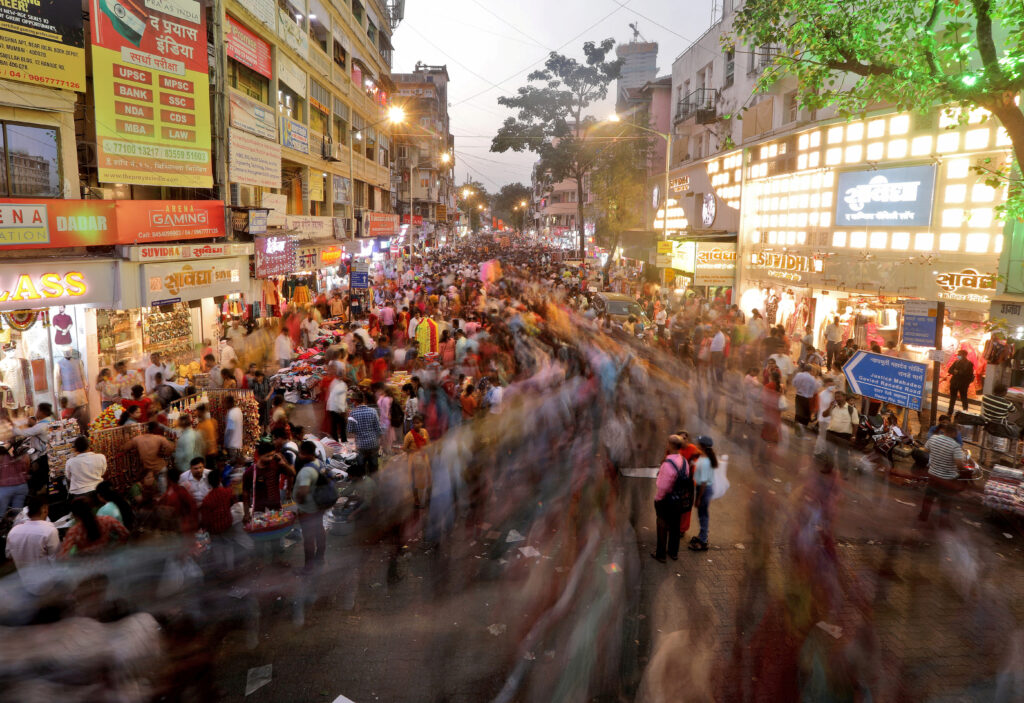Social media platform X, owned by Elon Musk, accused the Indian government of ordering the blocking of @Reuters and @ReutersWorld accounts on July 3 under Section 69A of the IT Act, suggesting that non-compliance could have exposed the company to criminal liability. India’s Ministry of Electronics and Information Technology countered this, insisting no fresh blocking order was issued and that the government immediately sought the restoration of Reuters accounts—alleging X “exploited technicalities” and took over 21 hours to comply.
X’s statement, issued through its Global Government Affairs handle, claimed that more than 2,300 Indian accounts were ordered blocked within one hour of the directive and remained blocked until notified otherwise. It described the action as “deeply concerning” for press freedom, and said the platform is “exploring all legal options available” to challenge what it termed ongoing censorship.
The government’s rebuttal emphasised that “the moment Reuters and Reuters World were blocked… immediately the government wrote to X to unblock them” and followed up with hourly reminders through the early hours of July 6. Delays, it said, were caused by X’s administrative “technicalities”.
The standoff adds to a broader legal tussle between X and India’s authorities. In March, X filed a lawsuit challenging a government portal that it says grants sweeping content removal powers to numerous officials, bypassing safeguards provided under Section 69A. The case is currently pending in Karnataka High Court.
The incident follows similar tensions in May, when X complied with orders to block more than 8,000 accounts, including those linked to Pakistan’s media outlets, under threat of fines or imprisonment for local staff—prompting debate over the scope of offline interference in digital speech.
X maintains that it notified Reuters of a “legal demand” without specifying its source. A May 16 email indicated that the takedown request was rooted in India’s IT Act, though it did not clarify which entity or content triggered the action. Reuters said it was actively working with X for reinstatement.
India has defended the use of Section 69A as a legal tool to preserve sovereignty and security. It stresses that orders are confidential and often tied to broader public order or national integrity concerns. Content blocked in May included posts related to “Operation Sindoor”, flagged by the government amid accusations of misinformation.
Critics, including digital rights advocates, say the South Asian democracy regularly ranks among the top five countries issuing content takedown requests. They argue that the recent public spat with X exposes tensions between regulatory authority and journalistic freedom.
X’s call for legal redress reflects its limited domestic recourse under Indian law, which restricts the platform’s ability to contest takedown orders. Instead, X urged users and stakeholders to pursue remedies through the courts—a nod to the broader struggle over digital speech and state regulation.
The back-and-forth has heightened scrutiny of India’s interim mechanisms for content regulation, particularly the Sahyog portal. The government says it communicates flagged content to tech firms through it; X contends that this bypasses oversight intended by law.
Despite renewed access to Reuters’ accounts late on July 6, the row spotlighted procedural gaps and mistrust. Users across India may yet challenge platform actions in court, potentially shaping future norms for digital governance and freedom of expression.




 Fuel‑Control Switches Under Scrutiny After Air India 787 Crash
Fuel‑Control Switches Under Scrutiny After Air India 787 Crash 